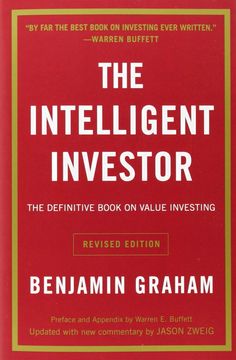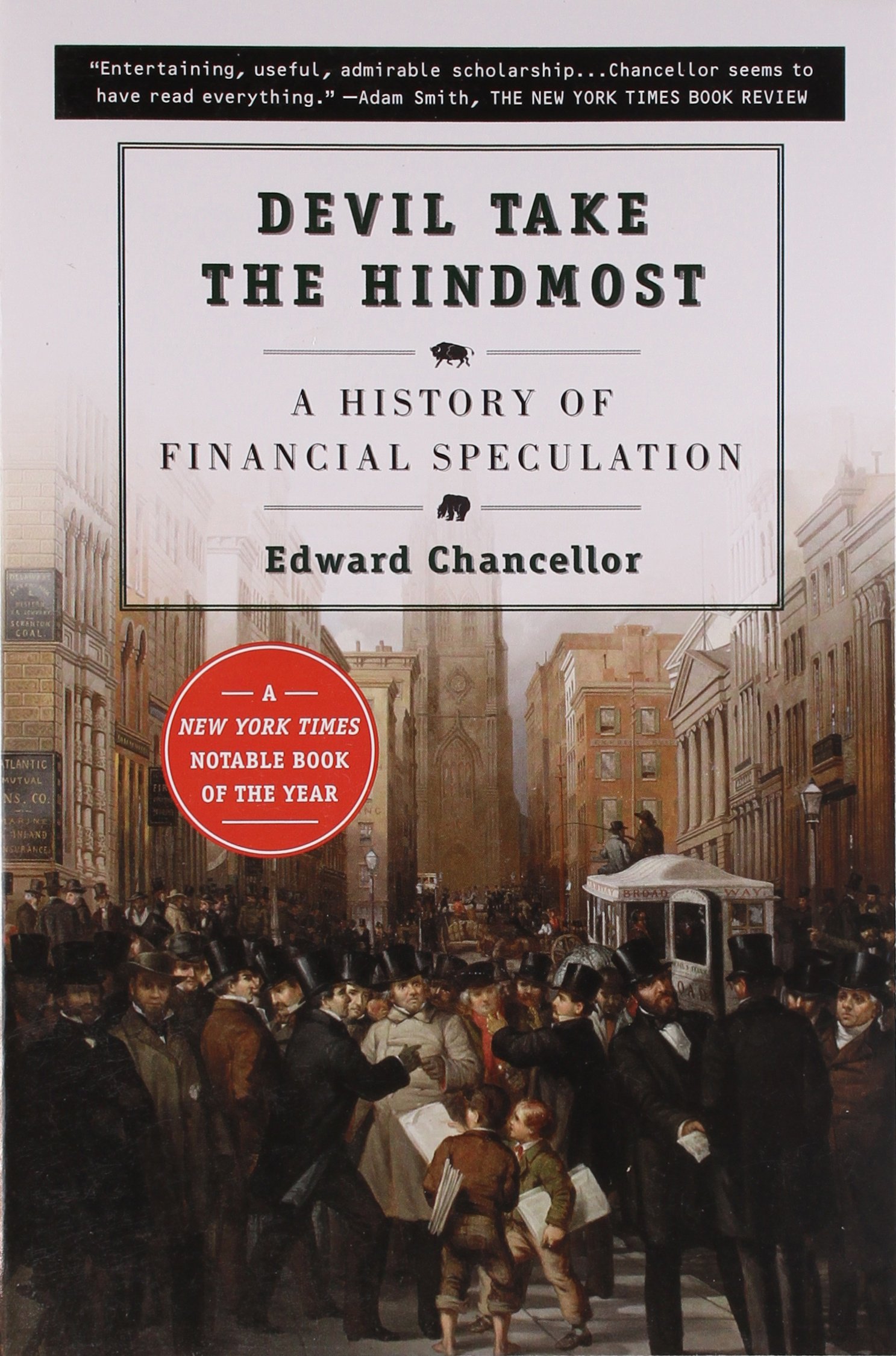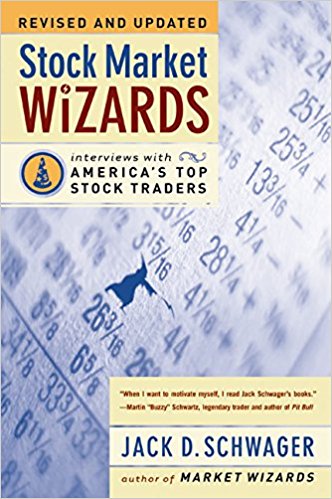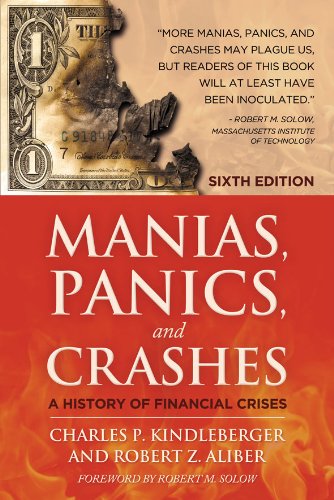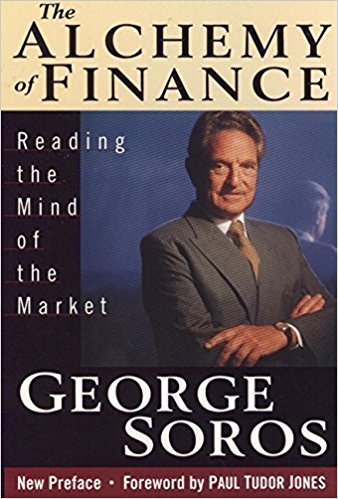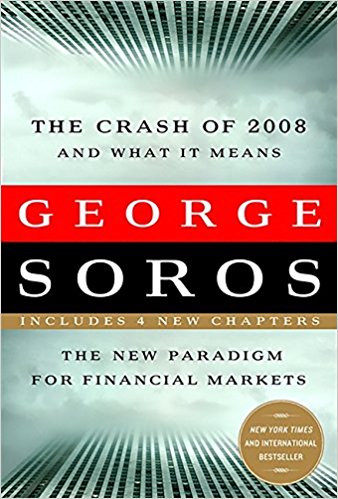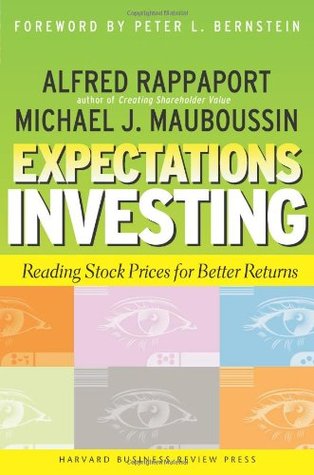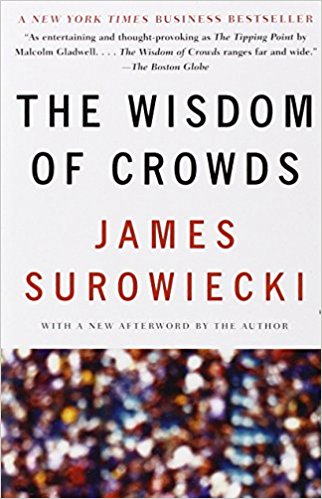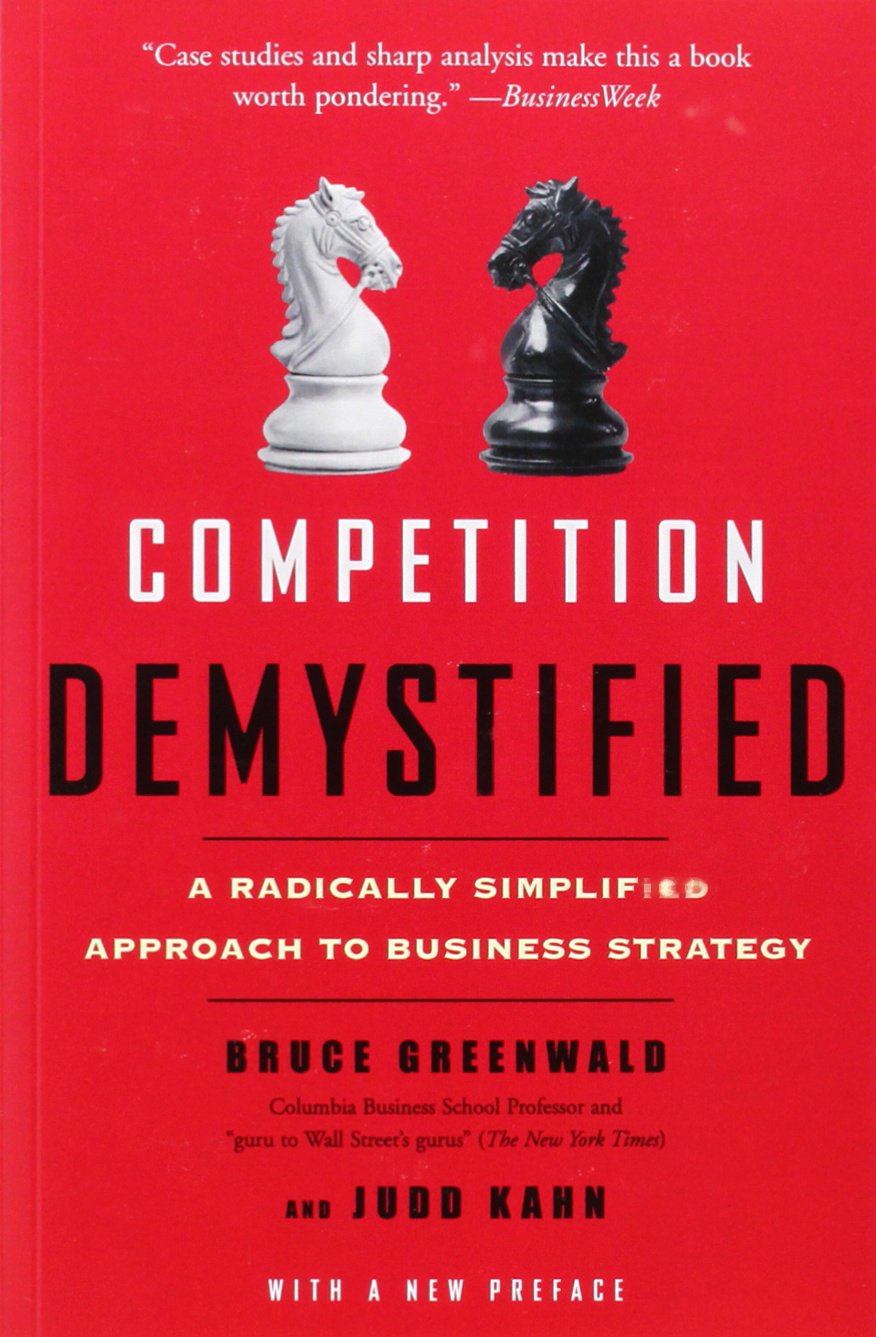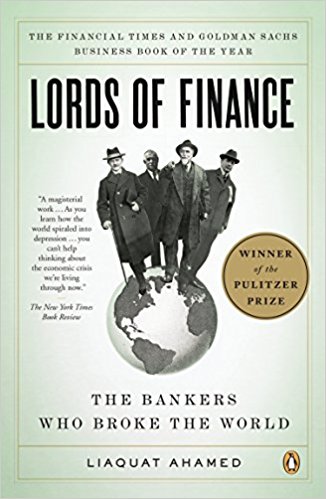Recommended Books for Any Trader
The following is a list of ten books concerning the financial market. They are a fascinating read for beginner and advanced traders alike. Whether you are just getting into stocks or have been a life-long trader you are bound to enjoy these ten classics. The authors on the list are some of the brightest minds the markets have ever seen, including Graham, Soros and many more. You will be running to the nearest bookstore to buy one of them after finishing the list.
The Intelligent Investor
By Benjamin Graham and Jason Zweig
The Intelligent Investor is the fundamental book on Value Investing. Value Investing is a strategy where investors buy stocks that trade for less then their intrinsic value. Intrinsic value is determined by various value metrics like Price to Earnings ratio and Price to Book Ratio among others. Graham began teaching his theory at Columbia in 1928. Graham's most well known disciple is Warren Buffet.
Graham’s favorite allegory in this book is Mr. Market. Mr. Market is portrayed as a man who shows up on someone’s door offering to buy or sell stock shares at different prices. His prices can be plausible or ridiculous. The point of Mr. Market is to show that investors should focus on actual business performance and not place too much emphasis on market value.
This book is a great read. It is said that the same way serious physicists read Sir Isaac Newton’s teachings to learn about gravity and motion, serious investors read Benjamin Graham’s work to learn about finance and investments.
